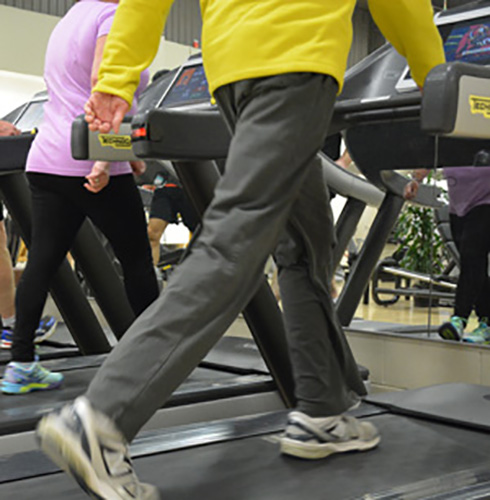
Diabetes is a chronic disease that affects the way the body processes blood glucose, or the sugar in the blood. Glucose is the sugar that is absorbed into the blood stream following digestion and is our body’s primary source of energy. It ultimately provides the body with the energy needed to create Adenosine triphosphate [ATP] in the cells, which is the fuel source for cellular processes. Glucose levels are regulated by the hormone insulin, which is produced by beta-cells in the pancreas. Insulin is secreted when glucose begins to rise in the blood above safe levels. When insulin is secreted, cells in the liver, muscles, and fat, absorb it and use it for storing sugar and fats.
In Type 1 diabetes, there is little to no insulin produced in the pancreas because of an autoimmune destruction of the beta-cells. In this case, insulin injections are required to sustain healthy blood sugar levels, and thus life. Type 2 diabetes involves a cellular resistance to insulin. When insulin is secreted, cells in the muscles, fat, and liver do not respond efficiently. Because of the lack of efficient response, higher amounts of insulin are secreted. This increased secretion causes cellular damage overtime. The beta-cells are not able to maintain this rate of secretion causing a deficiency in insulin.
Exercise increases insulin sensitivity, which means your cells are more able to use available insulin to take up glucose during and after exercise. With this increased insulin sensitivity, blood glucose levels can be decreased for up to 24 hours after exercise. During exercise, your muscles can use glucose independent of insulin, which is why exercise can be so effective in lowering blood glucose levels. Regular physical activity over an extended period of time can lower your A1C. Hemoglobin A1c: A minor component of hemoglobin to which glucose is bound. Abbreviated HbA1c. EXERCISE IS MEDICINE!
Ask your doctor before beginning an exercise program. Once you begin checking your blood glucose levels before and after exercise will help you begin to understand how your body responds along with the benefits of exercise. Understanding your body’s response to exercise can help you prevent your blood glucose from getting too high or too low, and make the exercise a more comfortable and enjoyable experience
The Exercise Specialists at Valley Lifestyle Medicine & Fitness Center are ready to assist you with a plan on becoming more active as part of our Prescriptive Exercise Program, Lifestyle 365.
We also have a team of Diabetes Educators to help, whether you have recently been diagnosed with diabetes or have been living with the disease for years.

